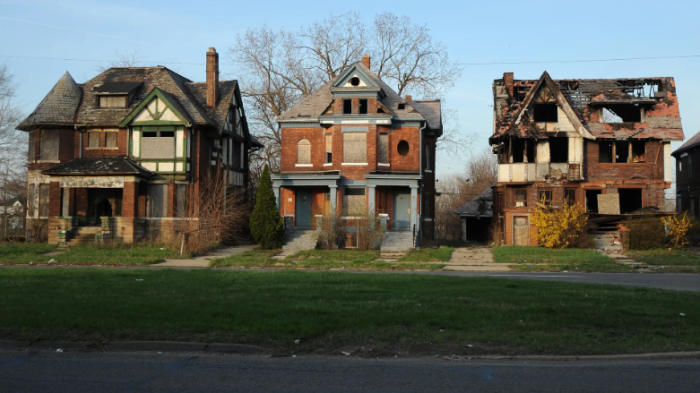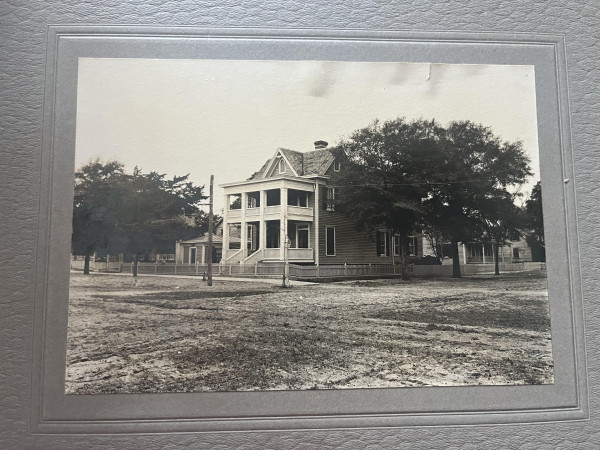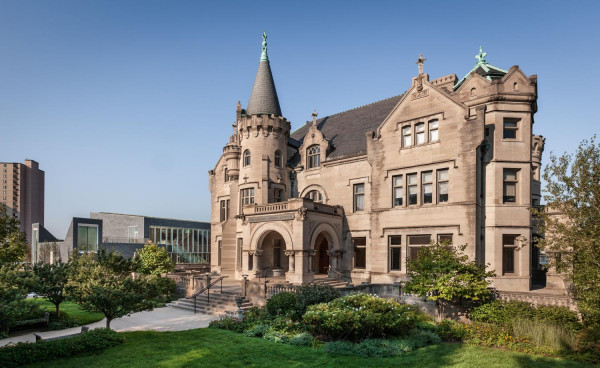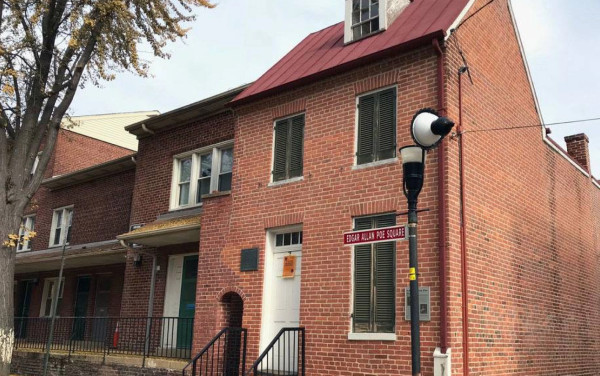How Economic Downturns Affect Abandoned Properties
Approximately 1.5 percent of all residences in the United States are currently vacant even though the majority of housing markets are lacking homes for sale.
May 10, 2024 (Updated: May 10, 2024)

Photo credit: Patrick Gorski/NurPhoto via Getty Images
According to the Washington Post, approximately 1.5 percent of all residences in the United States are currently vacant even though the majority of housing markets are lacking homes for sale. Of the current vacancies, there are 8,700 zombie properties and 282,800 foreclosures across the nation. Buildium, an American property management software company, indicates that the current economic climate and predicted post-COVID-19 recession will likely impact the whole real estate industry in 2020 and 2021. Recessions aside, people interested in purchasing an abandoned property usually don't go through with it due to budget constraints, time limitations, safety concerns, or renovation unfamiliarity. Consequently, when we face economic downturns, the likelihood of these purchases decreases even more.
Reduced Demand for Luxury Houses
Before the United States was impacted by the global pandemic, rising wages and improved purchasing power helped younger generations purchase costlier homes. As a result, the housing market began focusing on selling luxury homes and condos rather than abandoned properties, foreclosures, or low to middle-income houses. When the U.S. unemployment rate initially spiked in 2020, the demand for house purchases significantly decreased. What makes this recession unique, however, is that the Covid-19 pandemic has ignited telecommuter work surges globally. As a result, people are moving out of the central city hubs like San Francisco, Las Angeles, and New York to more affordable suburban luxury homes. Recent survey results from Zillow, an online real estate company, indicated that 55% of real estate experts foresee the recession continuing through the end of 2020. Furthermore, 35% of real estate experts anticipate residual recession impacts throughout 2021.
Increase in First Time Homeowners
As property prices drop, there are more prospective first time home buyers in the market trying to take advantage of the opportunity. Although these buyers typically have more visibility into general mortgage rates, terms, and implications, the municipal building code systems, property taxes, and foreclosure processes vary at both state and local levels. Due to these inconsistencies, the typical person is not well versed in their housing rights and doesn't want to make a risky abandoned property purchase for their first home. As a result, the nation’s leading property database ATTOM Data Solutions estimates that as of 2020, there are approximately 1.5 million zombie properties in America. Although this statistic may seem grime, both federal home loan mortgage company Freddie Mac and real estate investment firm Norada stated that the mortgage rate touched a record low of 3.23% in 2020 - and this rate continues to decline. As a result, we can expect lower mortgage interest rates, increased demand, and lower inventory simultaneously. Like a snowball effect, there will likely be less property abandonment and foreclosures in the future.

Help Us Solve the Mystery: Can You Identify This Historic Home in St. Mary’s County, Maryland?
This mysterious St. Mary’s County home may be gone—but its story isn’t. Help us uncover its location, history, and what once stood there.

Cracking the code of home history: A free resource list to uncover Your home's past
Want to learn more about your home's history? Check out our insider tips and tricks to get the most out of your search.

Marvelous Minnesota mansions: Unlock the doors to 10 extraordinary historic homes you can tour!
Step into Minnesota's past as you explore its remarkable historic homes, providing a fascinating glimpse into the lives of influential figures, the architectural magnificence of bygone eras, and the cultural heritage of the region.

Edgar Allan Poe's House of Literature: Small but Sturdy
Edgar Allan Poe claimed that his home was in Richmond, Virginia, but before Richmond he lived in Baltimore, Maryland, in this small unassuming home. What happened to it after Poe and who lived there?